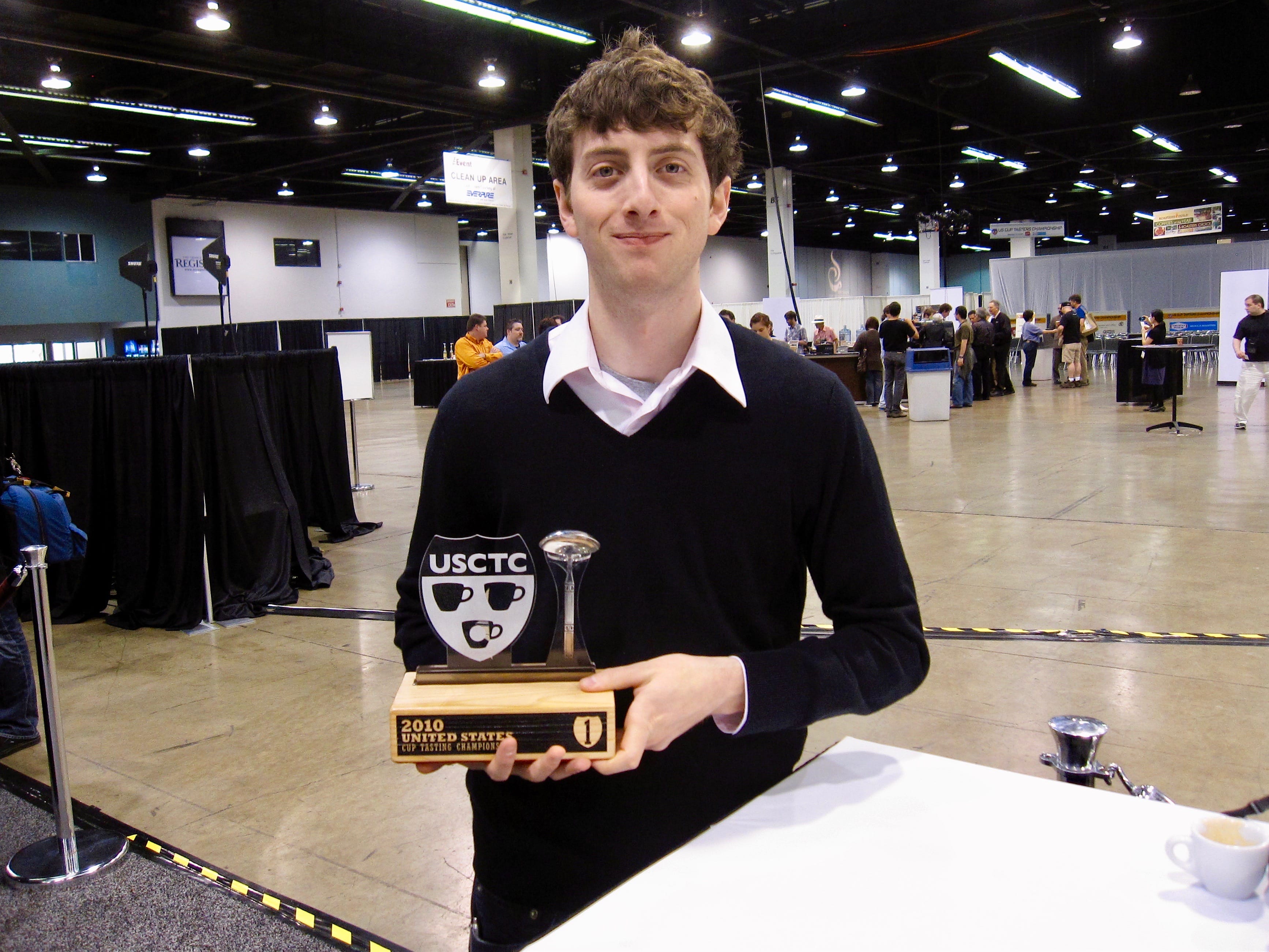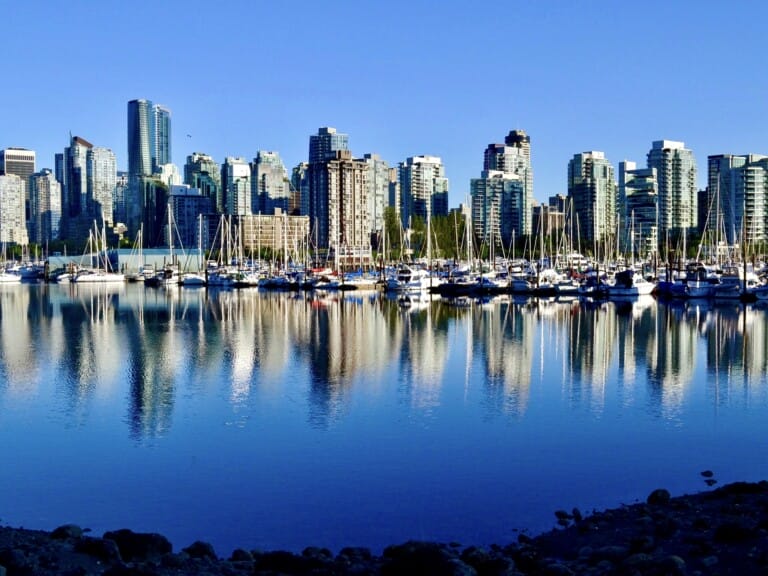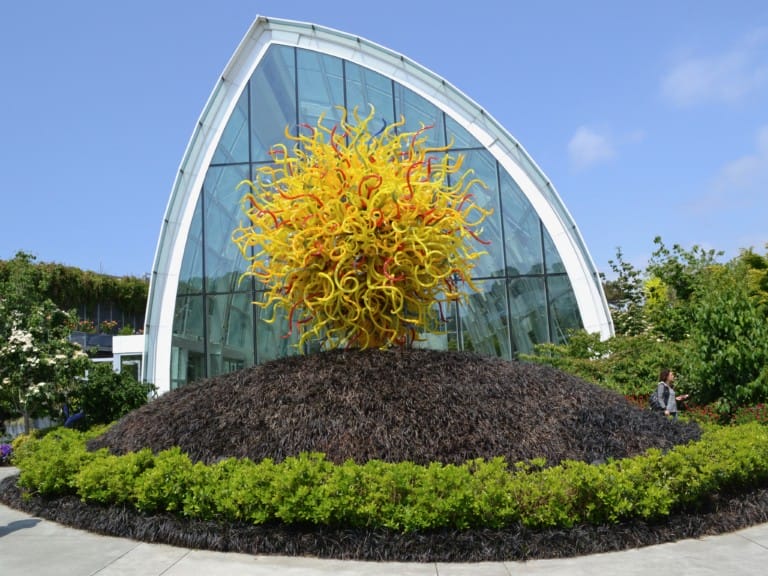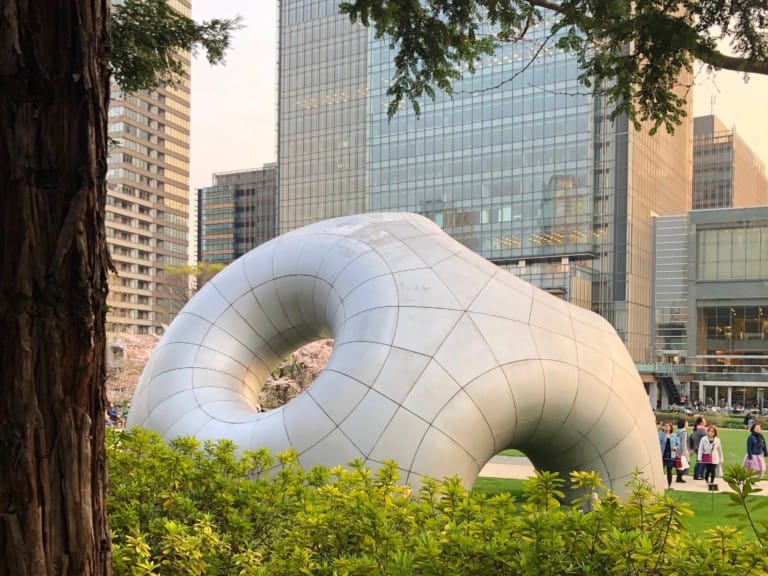In the coffee world, being able to differentiate coffees is a prized ability, and yes, there’s a competition to determine the best taster. At Cup Tasting Championships, competitors must identify the odd coffee from eight different triangles. The competitor with the most correct answers in shortest amount of time is named the champion. The governing body’s stated mission: “To give them the same status and credibility as the wine tasters, and to promote the concept of quality coffee.”
In the first two years of the U.S. competition’s existence, Ben Kaminsky has reigned supreme. Ritual Coffee Roasters’ Director of Quality Control recently outperformed 24 top tasters from the U.S. to win a trip to London, where he’ll compete in the World Cup Tasters Championship from June 23-25. Kaminsky recently discussed what it takes to taste, and why that’s important.
Why do you think you excel at cupping?
If I had to guess, it would simply be a matter of having a greater number of taste buds than the average person. Cold, hard science. However, I will say that I have dedicated the better part of the last four years learning to taste coffee. I critically cup or taste coffee every day of the work week (as well as most weekends) and the taste of coffee as well as ways to improve coffee service occupies most of my mental space on a day to day basis. So alternatively, I’ll say it’s really my passion for coffee and the amount of emphasis I have put on taste over the course of my short career so far that has gotten me where I am.
What does it prove to be able to differentiate coffee better than other coffee professionals?
The ability to differentiate as well as articulate between variance in green coffee quality, roast and finally brewing is arguably the single most important skill you can have in this industry outside of a basic knowledge of business and accounting. Certainly the most important in the areas of coffee that I concern myself with… One could make the argument that the ability to differentiate is tantamount to having superior taste I suppose, but that said, I consider many of the cuppers that have failed to differentiate between coffees in these competitions, to be far superior tasters than myself.
Is it possible to train for a cup tasting championship? How did you approach the competition?
Absolutely. First, as I said before, tasting coffee critically every day, will go quite some ways towards getting you there. However, I do have my own simple training exercise designed around comparatively tasting different strengths and extractions–using a couple grams more coffee in one brew versus another. Its very difficult, more so than the actual competition. I figure if I can do that, then I’ll be able to do fine on stage.
Can anybody learn how to cup effectively, or is inherent ability more important?
Anyone can learn how to cup. I am a firm believer in that and a big proponent of palate training. Of course, people with inherent ability will more likely than not find their way to eventually emerge as having the superior skill, but it takes time and a great deal of tasting for anyone to be cupping properly at a professional level, gifted or not. Best place to start, taste everything you eat. It seems like a funny thing to say, but most people really don’t taste their food, or at least don’t think about it enough to the point were they would be able to recall that experience in the future. Taste your coffee before you drink your coffee in the morning. You might be surprised at what you can experience.
If you were also asked to identify the coffees, do you think the results would have been the same?
I really think that would be an interesting thing for everyone to try and do after the answers are revealed for each round, maybe written, due to the fact that everyone is getting the same coffees. There’s no way I could say that I would be able to identify all of the coffees on the table, but for at least half of them, the country of origin was quite obvious. The Sumatran coffees (as with most Sumatran coffees) were very defective and there were a few Brasils and Ethiopian coffees up there. I would certainly have at least given the other two competitors a run for their money if we had to name the coffees.
What are the practical applications for cup tasting in your work with Ritual?
My primary duty at Ritual is quality control, which essentially means that I’m responsible for making sure that the large majority of the coffee that we roast is tasted and checked for quality and consistency by either myself or the roasting staff or both as well as tracking feedback from our baristas in our coffee bars. The cup tasting format, triangulation, is actually a really useful technique for comparing the same coffee from two roasts or similarly, two micro-lots from the same coffee producer. Putting coffees side-by-side and cupping them blind enables you to see your own consistency in taste and help you to make best possible selection.
What’s your goal in London at the World Cup Tasting Championship?
Without a doubt, I’m going there to bring back a world title. I placed fourth at least year’s competition, after entering the finals in first place; one cup separated me from the win in the finals. Because of the competition format, where time breaks the tie, I could have only walked away in first place or fourth. Needless to say, it was kind of a bittersweet finish for me and I don’t plan on making the same mistake again. At this point though, I’m just happy to be going.









Blog Comments
Food GPS » Q&A with U.S. Cup Tasting Champion Ben Kaminsky | Champion Fans
May 5, 2010 at 12:11 PM
[…] rest is here: Food GPS » Q&A with U.S. Cup Tasting Champion Ben Kaminsky Share and […]